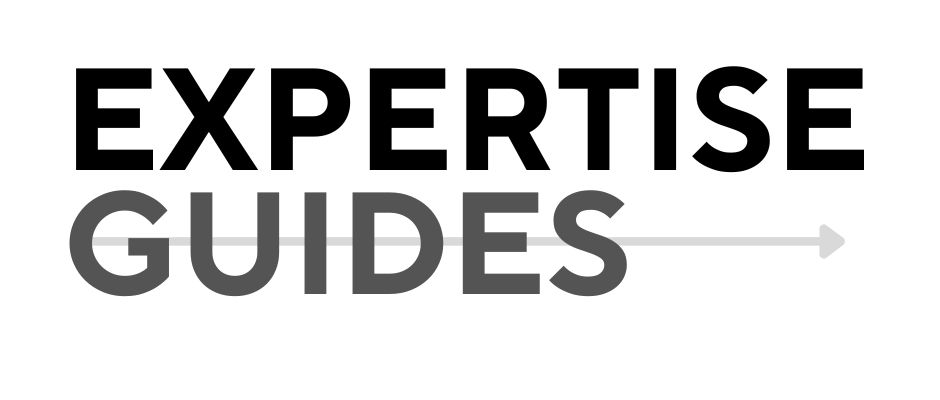Summary: Discover practical exercises and techniques to resolve conflicts effectively through collaboration and enhanced communication.
Information Type: Workbook
Is conflict resolution just a buzzword, or is it a critical skill that transforms relationships? According to a report by the Harvard Business Review (2020), companies that invest in conflict resolution training see a 50% reduction in employee disputes. As someone who values harmony and understanding, I resonate with the need for effective conflict management. It’s not just about resolving disagreements but building bridges of empathy and mutual respect.
I. Introduction: The Power of Enhanced Conflict Resolution
Conflict resolution is more than just settling disagreements; it’s a journey towards understanding and collaboration. Enhanced techniques not only resolve issues but also strengthen relationships by fostering trust and respect. This workbook is designed to guide you through practical exercises and strategies to master conflict resolution.
Reflect on a recent conflict you experienced. What emotions did you feel during this conflict? This reflection will set the tone for your personal growth journey.
II. Understanding the Roots of Conflict
Conflicts often arise from misunderstandings, differing values, or unmet needs. Recognizing personal triggers and conflict styles is crucial for effective resolution.
Exercise: “Conflict Style Assessment” – Take this quiz to identify your primary conflict resolution style. Understanding your style helps in adapting strategies that work best for you.
Consider a perspective opposite to your own in a recent conflict. What valid points might the other person have had? This critical thinking prompt encourages empathy and broadens your understanding of conflict dynamics.
III. Communication Techniques for Conflict Resolution
Effective communication is the cornerstone of conflict resolution. Mastering active listening, using “I” statements, and applying nonviolent communication can transform how conflicts are approached.
Practice Activity: Engage in role-playing scenarios to apply these communication techniques. Practicing these skills in a safe environment builds confidence for real-world application.
Share a time when improved communication helped resolve a conflict. What specific techniques were most effective? Your insights can inspire others and reinforce your learning.
IV. Collaborative Problem-Solving Strategies
Finding common ground is essential for collaboration. When parties brainstorm solutions together, they create opportunities for win-win outcomes.
Exercise: “Win-Win Solution Worksheet” – Follow the steps to discover mutually beneficial resolutions. This structured approach ensures that all parties feel heard and valued.
Analyze a current societal conflict. How might collaborative problem-solving techniques be applied to address this issue? This prompt encourages applying learned techniques to broader contexts, enhancing understanding.
V. Putting It All Together: Your Conflict Resolution Action Plan
Summarize the key learnings from this workbook and create your personal conflict resolution strategy. Set clear goals for improved conflict management to ensure continuous growth.
Final Activity: “My Conflict Resolution Roadmap” – Use this template to outline your personalized approach for handling future conflicts effectively.
What is one specific way you plan to improve your conflict resolution skills based on this workbook? Share your commitment with a friend or colleague for accountability.
Follow me for more insights into building harmonious relationships. Comment with your thoughts on conflict resolution, and share the article with your network to spread the knowledge.


